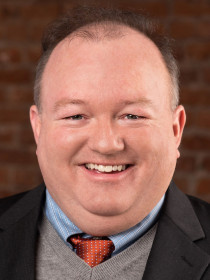
Mark C. Long
Connect with Mark
About Mark
Long's research examines the effects of public policies on economic opportunity and efficient social mobility, with emphasis on estimating the benefits and costs of those policies. His education-related research focuses on: (1) the effects of high school course-taking and school and college quality on test scores, educational attainment, labor market outcomes, and family formation; (2) the effects of college financial aid on college entry and household savings; (3) gender disparities in educational attainment; and (4) the effects of affirmative action and alternative college admissions policies on college entry. He additionally studies the impact of Seattle’s minimum wage law and has previously worked on the economics of nursing labor markets and manufacturing firms’ wage and productivity dynamics. Long was elected in 2019 to the Washington State Academy of Sciences is an Associate Editor of the American Educational Research Journal.